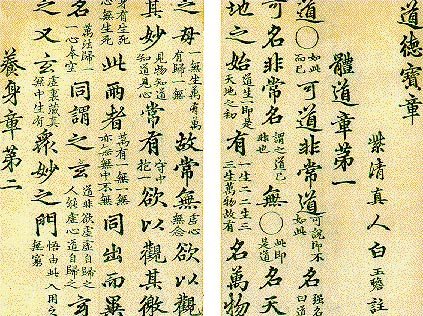In ancient times, the leaders were as subtle as sorcerers.
No one knew what they were about to do.
How can we describe them to you?
They were like soldiers about to cross a cold river,
hesitant, watchful and uncertain.
They were cautious like people who know
there is danger.
They were over-polite, like practised guests.
They gave way like ice, melting.
They were simple
like uncarved wood
They
were empty like deserted valleys
They were muddy like unreflecting water.
The mud will settle and it is hard to wait for it
But if you can, then you can act.
If you follow the Tao without pretension
you
will never burn yourself out
Learn to yield and be soft
If you want to survive
Learn
to bow
And you will stand in your full height
Learn to empty yourself
and
be filled by the Tao
the
way a valley empties itself into a river
Use
up all you are
And then you can be made new
Learn
to have nothing
And you will have everything
Sages always act like this
and are Children of the Tao
Never trying to impress, their being shines forth
Never saying ‘this is it,’ people see what the truth is
Never boasting, they leave the space they can be valued in
And never claiming to be who they are, people can see them
And since they never argue, no one argues with them either
So the ancient ones say
‘Bend,
and you will rule’
Is this a lie?
You’ll find it is true
Be true to yourself, and all will go well with you
What is going to be diminished
Must first be allowed to inflate
Whatever you want to weaken
Must first be convinced of its strength
What you want to overcome
You must first of all submit to
What you want to take over
You must first of all give to
This is called discerning
You see, what is yielding and weak
Overcomes what is hard and strong
And just as a fish can’t be seen
When he stays down in the deep
don’t show your power
to anyone!
Every
living thing
Comes
from the Mother of Us All:
If
we can understand the Mother
Then
we can understand her children
And if we know ourselves as children
We can see the source is Her
And well, if your body dies
there’s nothing to be frightened about
If you keep your mouth shut
And stay inside
Then you’ll live a long time
If you blurt out
What you think to everyone
Then you won’t last long
Value littleness.
This is wisdom.
To bend like a reed
in
the wind
that
is real strength
Use your mind, but stay close to the light
And it will lengthen its glow
right
through your life.





